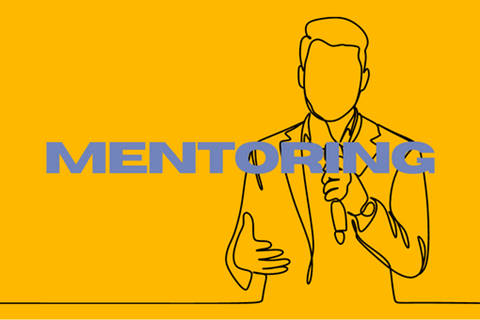
With pint in hand and a cricket game playing out, we chewed over the complexities of life. I noticed that he listened in full before replying. I was mindful of more than just the words he spoke, for example previous context and body language. I felt safe to change my mind and develop my views without being judged as I explored thoughts.
Without wanting to resort to clichés, it was a meaningful moment that I found natural, personal and empowering. It wasn’t convoluted, and we both knew we were there to sharpen each other (see Proverbs 27:17). It didn’t need a label, but it wasn’t just friendship; it was intentional.
I hope we can all recall occasions when friendship works like this. It is God’s design for us to have these sorts of relationships. Ecclesiastes 4:7-12 captures the fundamental agenda of mentoring: loving each other in a practical and empowering way. Sometimes it needs formalising and sometimes it just happens.
But so often for our young people, friendship groups are a minefield of insecurity, hurt and worry. They do not empower or edify, despite being a time of life when this is crucial. School friendships – and often church friendships as well – are prone to damaging rather than building up our young people. Young people desperately need us to spend more energy supporting them in their friendship groups.
WITH YOUR MENTEE
Chat about some of these questions as you think through friendships together:
- Which friendships, or aspects of certain friendships, bring out the best in you?
- Who makes you think in new ways or inspires you to change?
- Which aspects of your friendships are hurtful or dysfunctional?
- What pressures and expectations does your friendship group place on you?
- How free do you feel to be yourself in those contexts and relationships?
- Who listens when you need it?
- Which relationships should you invest more in or develop?
- Are there any relationships you should walk away from?
- What would you like to see more of in your relationships?
- What would you like to see less of? What could you do to make that happen?
Discuss a mantra or mission statement your mentee could adopt regarding their relationships, eg:
I will pray each morning that I will be a positive friend, and that I will be open to God working in my friendship group and in me.
I will regularly think through the questions my friends might need me to ask them.
I will choose to help everyone I meet discover how valuable they are. I will choose to put my phone away when I am with other people




























